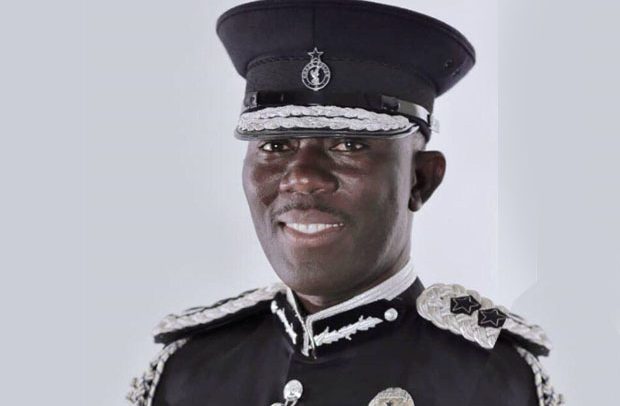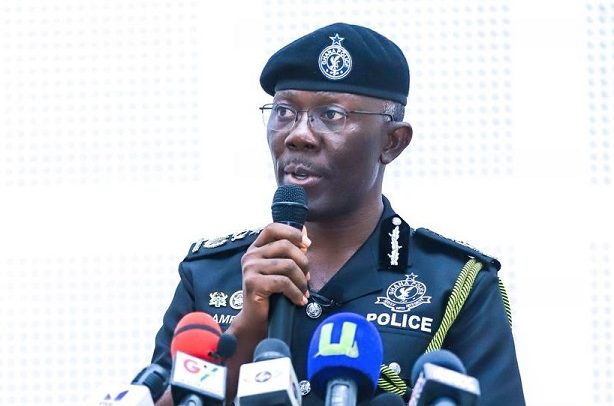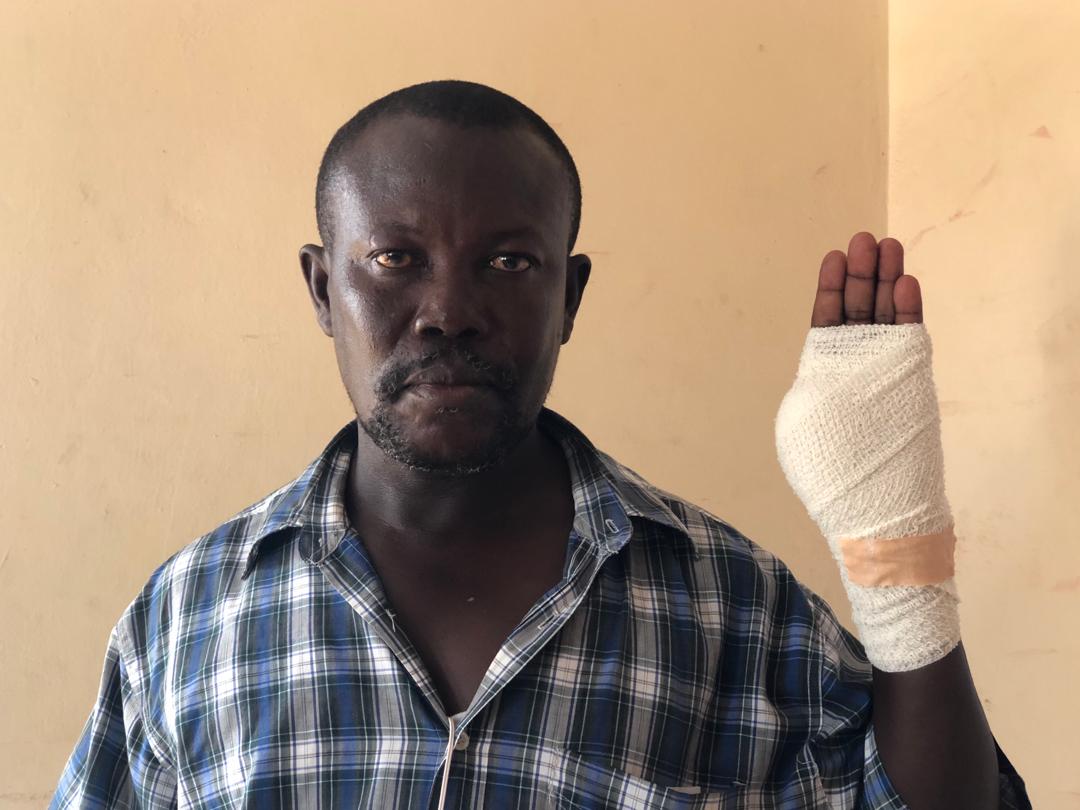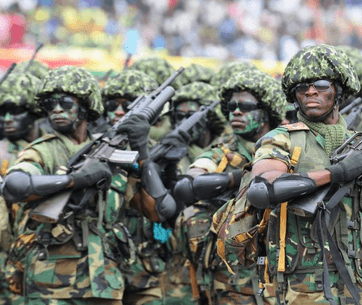.png)
By James Esuon, GNA
Swedru, March 19, GNA - The Central Regional Council of the Progressive Transport Owners Association (PROTOA) has made an appeal to the Inspector General of Police (IGP) to mount more police barriers on highways to stem the spate of accidents.
According to the Council, the creation of additional barriers could help reduce the carnage on the roads, because fatigue was the single most causative factor of most accidents involving drivers who travelled long distances.
He said most of the accidents, which claimed many lives occurred at dawn or in the night because Police presence was absent on the road.
Addressing an Emergency Council Meeting at Swedru, Nana Yaw Fayah, Central Regional Chairman of PROTOA, said it was sad that transport Unions were left out in the decision making process concerning the transport sector.
Nana Yaw Fayah who is also the National Public Relation Officer (PRO) of Interim Management Committee (IMC) of PROTOA, urged the IGP and National Road Safety Authority (NRSA) to come out with a comprehensive policy that would help reduce road accidents.
He urged the Transport Ministry, IGP and NRSA to empower Transport Unions to conduct compulsory eye test on all drivers to help minimize accidents.
Nana Fayah suggested that opinion of drivers of various transport Unions at locals, branches, Regional and National levels must be considered by the Transport Ministry and other stakeholders in Transport management to find lasting solution to the problem.
He called on the Transport Ministry to review the driving schools’ duration of three and six months for prospective drivers to qualify for driving licenses saying it was not enough.
Additionally, people who wanted to be commercial drivers should have huge experience to drive commercial and vehicles on the highways.
The PRO cautioned drivers to be extra careful and avoid over speeding and reckless driving on the highways to avert accidents.
Nana Fayah called on executives of transport Unions to carry out thorough inspection of loaded Vehicles before they departed from the lorry stations, and also ensure that routine maintenance were done on their vehicles.
Read Full Story















Facebook
Twitter
Pinterest
Instagram
Google+
YouTube
LinkedIn
RSS